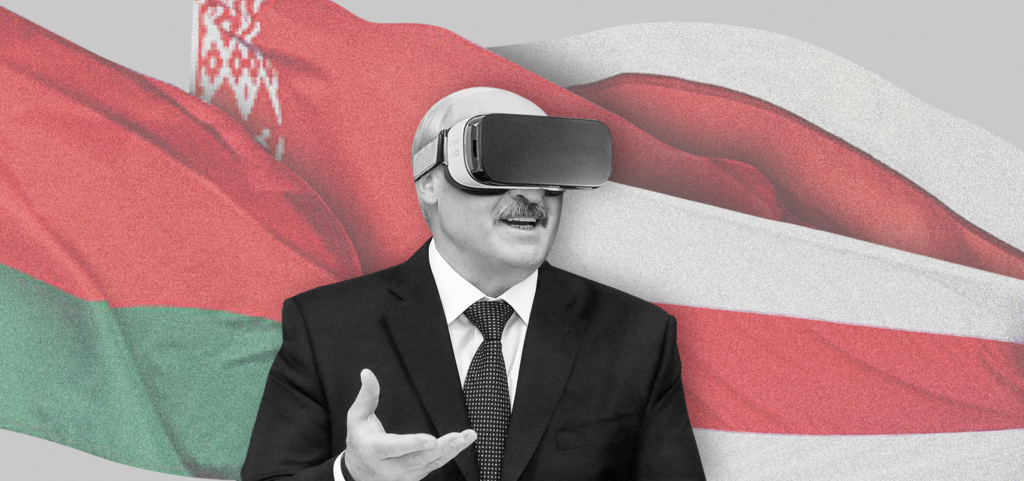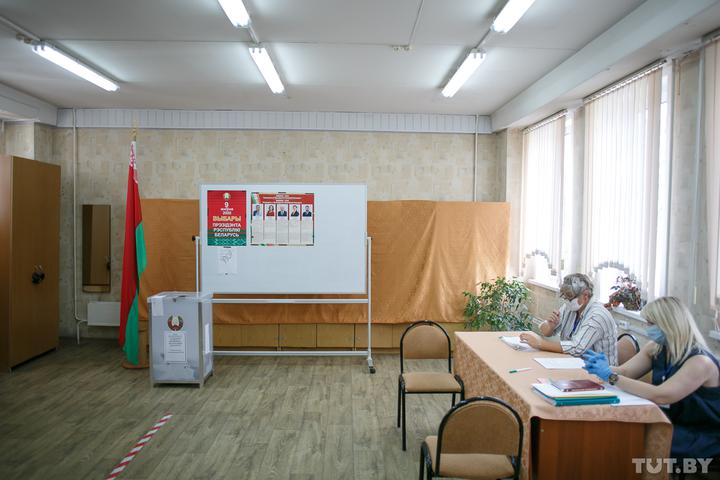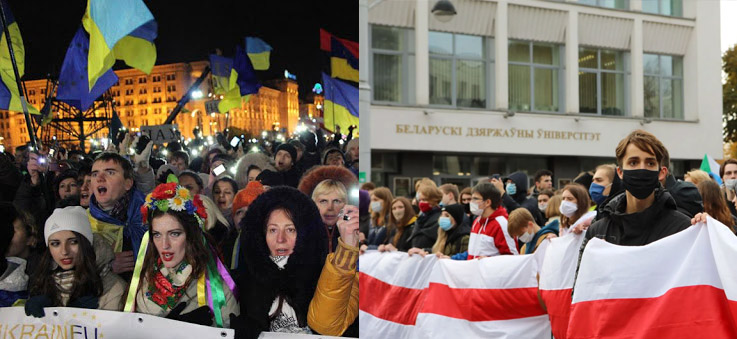The “Belarus of the Future” Charitable Foundation in Ukraine and the Polish government are ready to help incoming Belarusian students
Belarusian students were expelled from universities after their participation in the student March on 1 September. The undergraduates in Minsk marched to the Ministry of Education to file a petition, affirming their discontent with the election outcome and police violence. The authorities detained at least 53 people in Minsk during the protests on 1 September. The number of those who were expelled from universities wasn’t specified.

Tactics to frighten and deter the students varied widely. Administrations of some universities either abstained or even tried to protect students, while others cooperated with authorities. For example, the administration of Belarusian National Technical University admitted they were responsible for calling the police to ensure “order” on campus, preventing students from leaving and using their cell phones.
As is shown in the video below, unidentified persons were detaining students at the entrance to the university solely for filming police presence or for having posters in bags.
[embedyt] https://www.youtube.com/watch?v=o0Z81iFlQ_M[/embedyt]
High school students were also violently detained, in particular directly from the yard of the Lyceum associated with Belarusian State University:
[embedyt] https://www.youtube.com/watch?v=7UV74WOo5pk[/embedyt]
“In the bus, I sat down on a seat, but the riot policeman knocked me down onto the floor; I hit my head and the flag was torn from my hands. On the way there, we were told we would be sent out to the countryside to do heavy manual labor or conscribed into the army,” recalled one of the detained students.

The information was announced on the Telegram channel of Belarusian opposition politician Valery Tsapkala. He left for Ukraine on 12 August 2020, where he created the “Fund of the National help for Belarus'' and the Foundation “Belarus of the future.” Tsepkalo was forced to leave Belarus after main Lukashenka’s rival left the country and other opposition politicians were also threatened by repression. The precautions became justified after all main Belarusian opposition politicians, who remained in the country, were arrested.
Tsapkala has already visited the Belarusian diaspora in Ukraine, Russia, and Poland. He said the Belarusian diaspora is ready to support created funds to achieve the democratization of their home country.
This was announced by the Polish Prime-Minister Mateusz Morawiecki:
"More than 10,000 Belarusian students are already studying in Poland. But we want to see more of them. We want our universities to become sources of Polish-Belarusian friendship. Young people from Belarus who have lived in Poland return to Belarus and carry with them the news that Poland is a friendly country to Belarus, that we want to live in great friendship and cooperation. In the future, we would like to establish a very deep economic, scientific and cultural cooperation with Belarus."
There will be more governmental scholarships for Belarusians. For example, the University of Warsaw will continue and expand its activities to support people affected by the actions of the Belarusian authorities. The enrollment for the scholarship program of the Polish government named after Konstantin Kalinouski will increase: students expelled from Belarusian universities will receive scholarships for a full course of study in Poland. Applications started on August 31.
Some Belarusian IT companies lost 50% of income over the protests and relocated
The disconnection of Internet access and the brutal suppression of protests have caused significant financial and reputational damage to the Belarusian IT sector. Due to the lack of Internet access, Belarus lost more than $141 mn in GDP in three days, some Belarusian IT companies did not receive 50% of revenue and suffered irreversible reputational losses in the global market.
In an open letter, 2,500 founders and developers of Belarusian IT companies write that it is extremely difficult for them to work in conditions when ordinary people are detained for no reason, beaten and arrested, and access to the Internet is limited for several days.
Belarus has created a special IT-park regime for IT-companies. Until 2049, residents of the park are exempt from most taxes, including income tax. Due to this, in 2019 the share of the Belarusian IT sector provided half of the GDP growth of Belarus. Exports of IT services in 2017-2019 increased 2.4 times. However, all this success is now endangered.

Ukrainian business was among the first to react to Belarusian companies planning a relocation. Coworking spaces in Kyiv even launched targeted advertising and already have Belarusian companies who have moved their offices and workers to Ukraine. Director of the Lutsk IT cluster Viktor Lewandowski recorded a video message inviting Belarusian colleagues from the IT sector to Ukraine. Also, 25 Ukrainian IT companies responded to the initiative of the European Association of Software Engineering (EASE) and prepared more than 500 places in their offices for teams from Belarus.
Most importantly, the Ukrainian government has also reacted. Minister of Digital Transformation Mykhailo Fedorov wrote that his department together with the Ukrainian IT business is ready to create conditions for a comfortable relocation of Belarusian IT companies and specialists to Ukraine.
“Some 5,000 quotas were distributed among Ukraine’s oblasts with the most IT companies. Dnipropetrovsk, Odesa, and Lviv oblasts can attract 600 specialists each, Kharkiv oblast – 700 and Kyiv – 2,500,” the minister said.
A special project called BelarusToUkraine was also created. It contains the list of IT companies available in Ukraine, all required documents, and other helpful information and instructions for those who plan to come from Belarus.
Ukraine rolls out official site to help Belarusian IT specialists relocate
Some 21 Belarusian IT service companies would like to move to Lithuania due to the current situation in the country, according to the Minister of Economy and Innovation of Lithuania Rimantas Sinkevičius.
Overall, an online survey found that dozens of companies were at least partially relocating to other countries, while more than a hundred were looking into it. Twelve companies were in the process of relocating completely.
Although proposals for relocation are mutually beneficial for companies’ staff and countries hosting them, Belarus as a country may suffer both economic difficulties and brain drain. The outcome depends on how long the current revolution and how it will end.
Belarus hacktivists dox riot police after mass detentions of Women’s March participants | Photos





